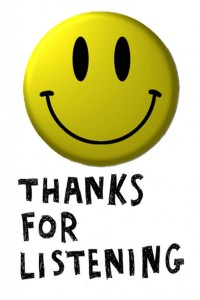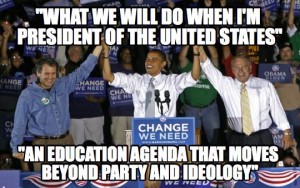If you want to listen so you really hear what others say, make sure you are not a:
Mindreader. You’ll hear little or nothing as you think “What is this person really thinking or feeling?”
Rehearser. Your mental tryouts for “Here’s what I’ll say next” tune out the speaker.
Filterer. Some call this selective hearing, hearing only what you want to hear.
Dreamer. Drifting off during a face-to-face conversation can lead to an embarrassing “What did you say?” or “Could you repeat that?”
Identifier. If you refer everything you hear to your experience, you probably didn’t really hear what was said.
Comparer. When you get side-tracked assessing the messenger, you’re sure to miss the message.
Derailer. Changing the subject too quickly soon tells others you’re not interested in anything they have to say.
Sparrer. You hear what’s said but quickly belittle it or discount it. That puts you in the same class as the derailer.
Placater. Agreeing with everything you hear just to be nice or to avoid conflict does not mean you’re a good listener.
Author – Unknown


